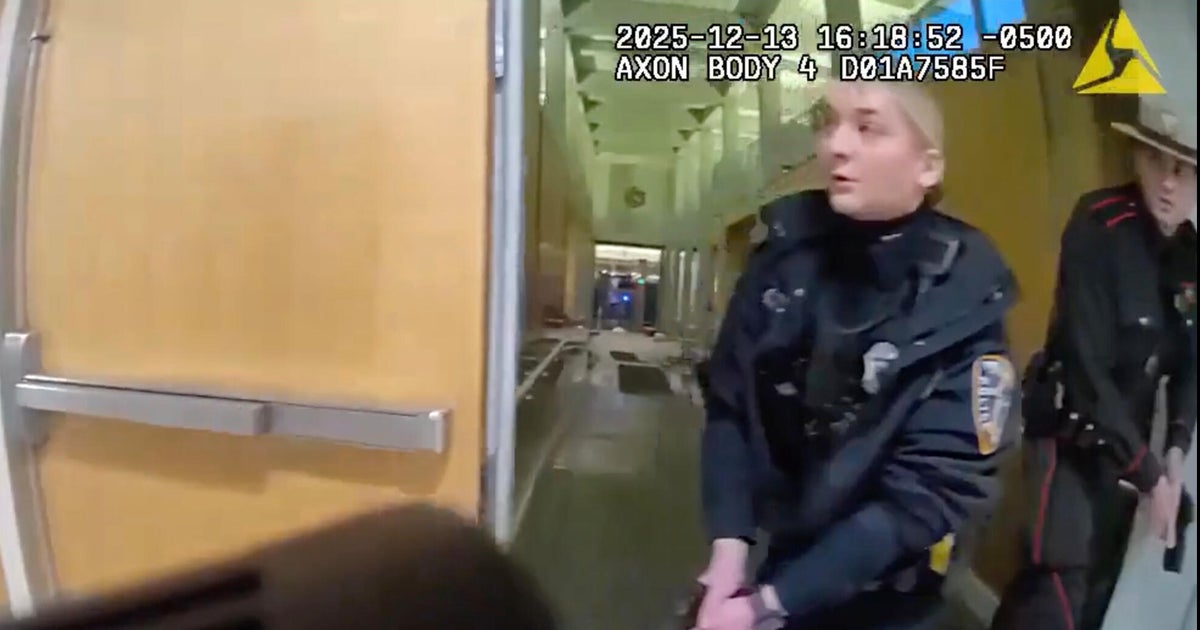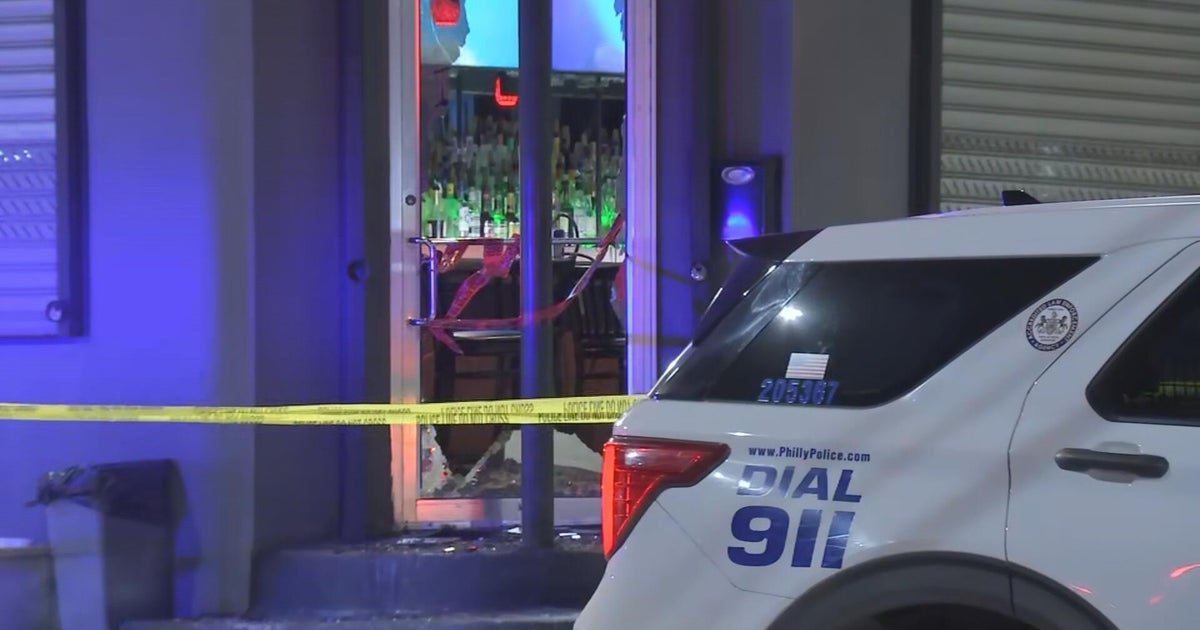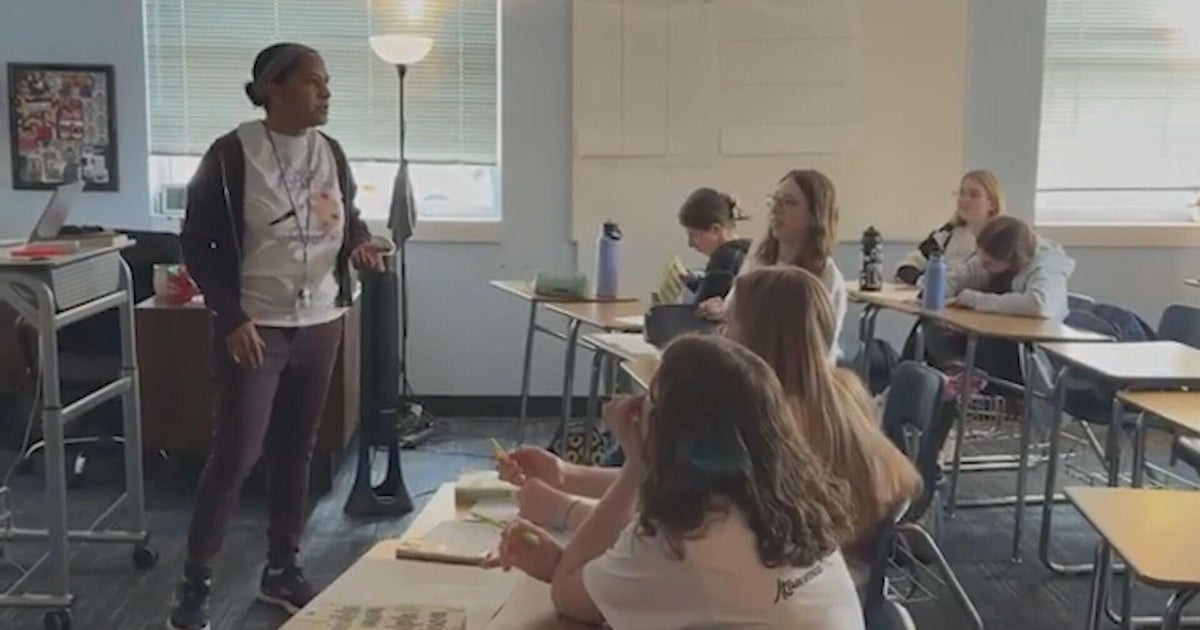How Sandy Hook changed America's schools
COLORADO SPRINGS, Colo. -- The December 2012 mass shooting at Sandy Hook Elementary School that left 20 students and six educators dead, along with the gunman and his mother, left a lasting mark on the way students, parents and officials around the country view school safety. In addition to reigniting debates over gun control and mental health care, it helped usher in an era of "active shooter drills" and difficult conversations about safety for even the youngest kids.
In the days leading up to the fifth anniversary of the attack in Newtown, Connecticut, CBS News producer Christina Ruffini facilitated a series of conversations with residents of Colorado, a state where gun issues have remained divisive, even after two infamous mass shootings of its own at Columbine High School and an Aurora movie theater.
In one conversation, Daniel and Jessica -- parents of young children who came to the table with opposing political views and very different opinions about gun laws -- talked candidly about their expectations from lawmakers after the Newtown shooting.
"I feel like that was a really big turning point for America in my opinion, in that not providing any substantive legislation after that, in my mind, made it OK that these kids died," Jessica said. "No one seemed to care. I mean if our most innocent and vulnerable population is not being protected a little bit better and there is not going to be some move toward 'let's rethink our position,' it's never gonna matter."
Daniel said he's not sure what the answer is for solving the problem of mass shootings.
"I have a kid and I can only -- I couldn't imagine what those families went through, and how do you prevent that tragedy, and how do you stop that? I wish I had an answer for that," Daniel said.
Still, Daniel and Jessica found common ground on how mass shootings have changed the school experience, by making active shooter drills a regular part of students' lives.
"I got an email a couple of weeks ago that my daughter was participating in active shooter drills and they were teaching them to hide. So they wanted to alert the parents in case the kids came home and talked about, 'We hid from Ms. Melissa today,' and I just found it so disheartening and honestly it made me really angry," Jessica said. "And I felt like someone's right to own a piece of metal was infringing on my child's right to live. It frustrates me immensely that we have to have those and I feel like Newtown was the big turning point for that."
While Jessica said she sees drills as "infringing" on children's rights, Daniel said he'd rather make sure his child is prepared.
"When I went to school it was fire drills and tornado drills, and unfortunately now it's 'hide from Ms. Melissa.' You know, it's kind of back to when kids had to hide under the desk in case there was a bombing or something," Daniel said. "It is the world as it is and I'd rather have my daughter when she gets to that point be prepared. It sucks. I'm never gonna disagree with that, but I'd rather have her know than not know."
A CBS News poll released Monday found nearly half of Americans have the same worries about mass shootings as Daniel and Jessica. In the poll, which was conducted by telephone between Dec. 3 and Dec. 5 among a random sample of 1,120 adults nationwide, respondents were asked if they were concerned about the threat of a mass shooting occurring in the areas where they live.
Just over one in five, 21 percent, said they were very concerned. Another 27 percent said they were somewhat concerned. By comparison, 29 percent said they were not very concerned, and 23 percent said not concerned at all.
Watch this conversation and other pointed debates about firearms on the CBSN special "Mass Shootings: Five Years After Sandy Hook," which airs Thursday, Dec. 14, at 8 p.m. ET.



